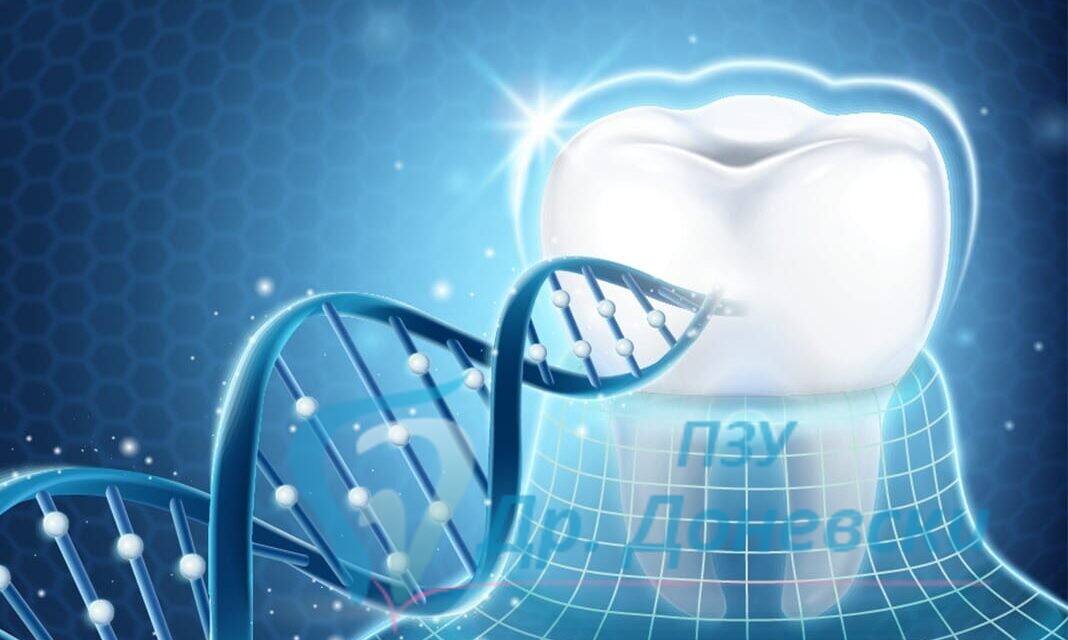Your genes play a crucial role in determining many aspects of your health, including the health of your teeth and gums. While daily oral hygiene and regular dental visits are essential for maintaining good oral health, genetics can sometimes increase your predisposition to certain dental conditions. Here’s what you need to know about the role of genetics in oral health and how to manage potential risks.
Is Tooth Decay a Genetically Predisposed Condition?
While poor oral hygiene is the main cause of tooth decay, genetics can influence the shape of your teeth, the depth of the fissures in molars, and the composition of the enamel. For example:
Tooth shape and position: Crowded or overlapping teeth may be harder to clean, increasing the risk of cavities.
Enamel strength: Genetics affects the thickness and durability of enamel. Weak enamel makes teeth more vulnerable to decay.
How to manage this? Regular dental visits and professional cleanings (once or twice a year) can help protect teeth that are genetically more sensitive.
Periodontal Disease and Family History
Gum disease, or periodontal disease, has a strong genetic component. If your parents or siblings have had gum problems, you may also be at risk, even with excellent oral hygiene. Genetics can influence your immune response, making you more susceptible to bacterial infections in the gums.
How to deal with this?
Brush and floss regularly, visit your dentist for deep cleanings, and consider gum health assessments if there’s a family history of gum disease.
Genetic Disorders That Affect Oral Health
Certain hereditary conditions can significantly affect your oral health:
Amelogenesis Imperfecta: A rare condition causing defective enamel, leading to discoloration and sensitivity.
Dentinogenesis Imperfecta: Affects the inner layer of the tooth (dentin), making teeth brittle and discolored.
Cleft Lip and Palate: Often a hereditary condition that can cause challenges with tooth alignment and oral hygiene.
How to address these?
These conditions require specialized care, such as orthodontic treatment with braces or oral surgery to maintain functionality and aesthetics.
The Role of Saliva and Genetics
Saliva is important for neutralizing acids and protecting against tooth decay. Genetic variations can influence the amount and composition of saliva you produce. Reduced saliva flow increases the risk of cavities and gum disease.
Solutions:
Stay hydrated, use products that stimulate saliva, and avoid caffeine and alcohol.
Oral Cancer Risk and Genetics
While factors like smoking and alcohol consumption are primary causes of oral cancer, a family history of cancer can increase your risk.
What to do?
Get regular oral cancer screenings, especially if you have a family history. Avoid smoking, limit alcohol intake, and maintain a healthy diet rich in antioxidants.
Conclusion
Your genetic makeup plays a significant role in your oral health, but it doesn’t have to define it. By understanding your family history and consulting your dentist to develop a personalized care plan, you can reduce many genetic risks. Remember, good oral hygiene and regular dental checkups are your best defense against hereditary dental problems.
Your smile may be shaped by your genes, but taking care of it is entirely in your hands!


